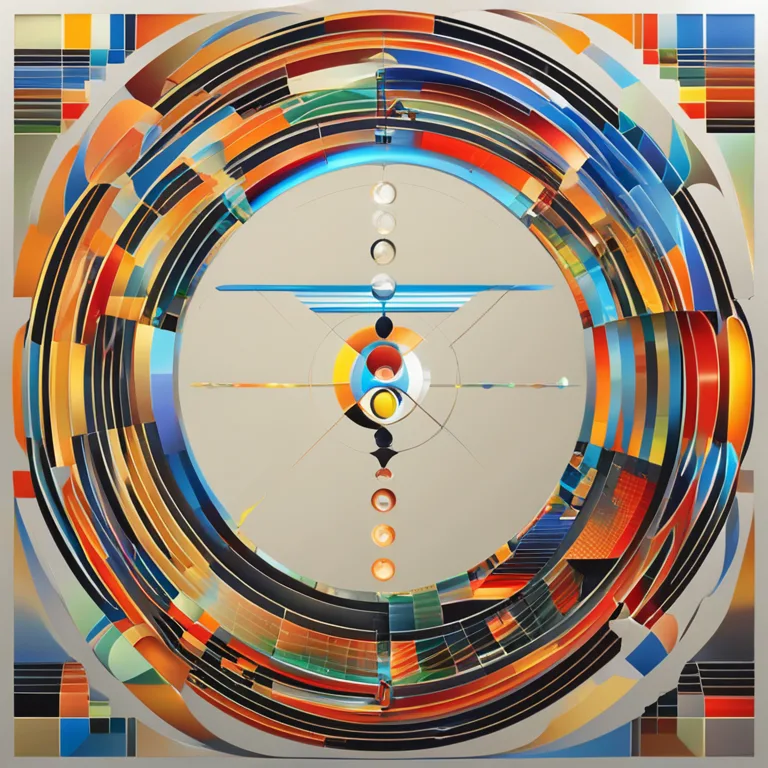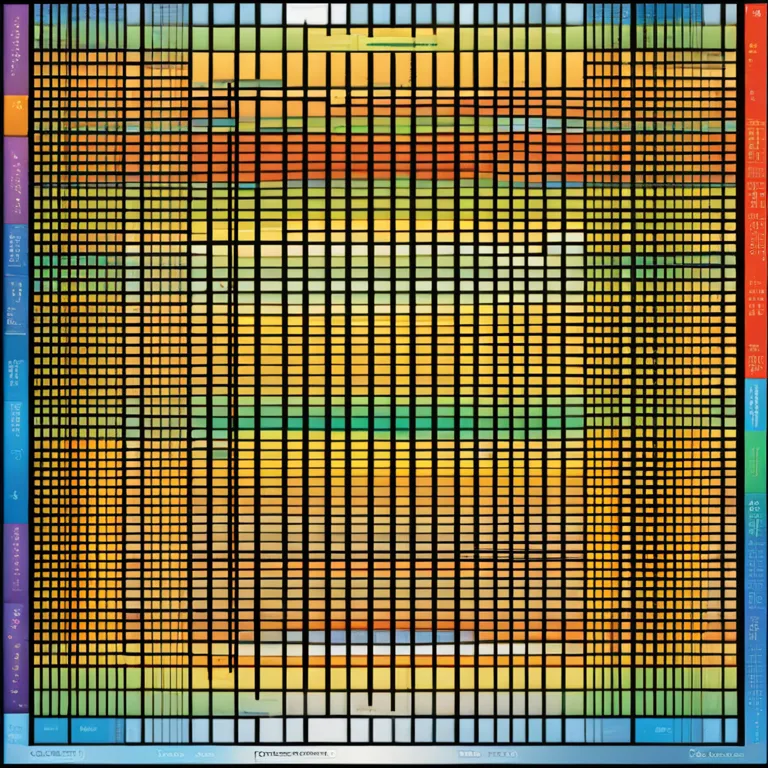
Biorhythm Compatibility in Relationships
Discover how physical biorhythm compatibility influences relationships and daily interactions between partners.
article by Adrian Wallace
Introduction to Biorhythm Compatibility
In the intricate dance of human relationships, we often seek harmony in various aspects of our lives. Biorhythm compatibility is one such facet that has gained attention for its potential impact on personal interactions. The concept of biorhythms is a pseudoscientific idea that suggests our daily lives are influenced by rhythmic biological cycles. According to this theory, three primary cycles—affecting physical, emotional, and intellectual states—ebb and flow over specific periods. Though scientific consensus does not support biorhythms' predictability, the notion persists in some wellness and self-help circles, evolving with time and technological advancements into an intriguing topic of discussion, particularly when considering the physical aspects of partner compatibility in the contemporary dating landscape.

The Physical Biorhythm Cycle
Biorhythms are traditionally categorized into three primary cycles, each with its own time frame: physical (23 days), emotional (28 days), and intellectual (33 days). The physical cycle, which includes aspects like vitality, endurance, and overall strength, is believed to influence one's energy levels and physical state. When this cycle is at a high point, individuals are thought to experience heightened stamina and physical well-being. Conversely, during a low phase, they might feel less energetic or more susceptible to physical challenges. While practical evidence and research are not robust, enthusiasts of biorhythms consider tracking these cycles useful for planning and adjusting daily activities or for understanding fluctuations in physical performance.

Biorhythm Compatibility and Relationships
Physical biorhythm compatibility refers to the synchronization of cycles between individuals, which is said to foster harmony in physical activities and interactions. Some advocates of biorhythm theory assert that if partners are on similar physical cycles, they could experience increased synergy during joint activities, better sexual harmony, and even improved communication. This concept stretches beyond just romantic relationships, potentially influencing sports team dynamics, workplace collaborations, and social activities. While rigorously scientific validation lacks, the concept has found a niche within the broader astrological and numerological fields, as components of comprehensive relationship analytics.

Evaluating Biorhythm Compatibility
There are various tools and software, increasingly sophisticated with the rise of technological advances, available to those interested in assessing their biorhythm compatibility. Users can input their birth dates to generate personal biorhythm charts which can then be compared to those of others to find alignments or mismatches. These tools often offer insights and suggestions based on the perceived synchronization of cycles. The visible representation can aid users in judging when to engage in cooperative tasks or to expect periods of dissonance. Despite its esoteric nature, the ease of accessibility to such evaluations continues to interest individuals seeking unique ways to enhance relationship dynamics.

Practical Considerations and Criticism
It is essential to approach biorhythm compatibility with a balanced perspective. Mainstream scientific communities typically reject biorhythms as lacking empirical support, warning against overreliance on them for critical life decisions. Moreover, even among proponents, the experience of biorhythm compatibility can be subjective and varied. As such, it might be best understood as an additional tool for reflection rather than a definitive guide. As we step further into the future, it remains to be seen whether new research will shed light on the phenomena or if biorhythms will continue as a curio within the mosaic of relationship advice.
Conclusion
The concept of physical biorhythm compatibility provides an interesting lens through which to view our interactions and relationships. While the scientific community does not recognize biorhythms as a credible theory, the persistent fascination with how our biological rhythms might align with others reflects a continual desire to understand and optimize human connections. As with many things in life, the value of such insights lies in how they are interpreted and applied within the context of each individual's experience and understanding.
Published: 12/28/2023
Modified: 12/28/2023
More predictions
Come back here soon to learn more about yourself and your future


Biorhythm Compatibility: Fact Or Myth?
Explore the concept of biorhythm compatibility to discover if there's a real connection between our biocycles and relationship harmony.


Unlocking Your Body's Natural Clock
Explore the intriguing world of biorhythms and discover how they influence your physical, emotional, and intellectual states.


Biorhythm Wheel: Unlocking The Secrets
Explore the intriguing world of the biorhythm wheel to understand your physical, emotional, and intellectual cycles for enhanced well-being.